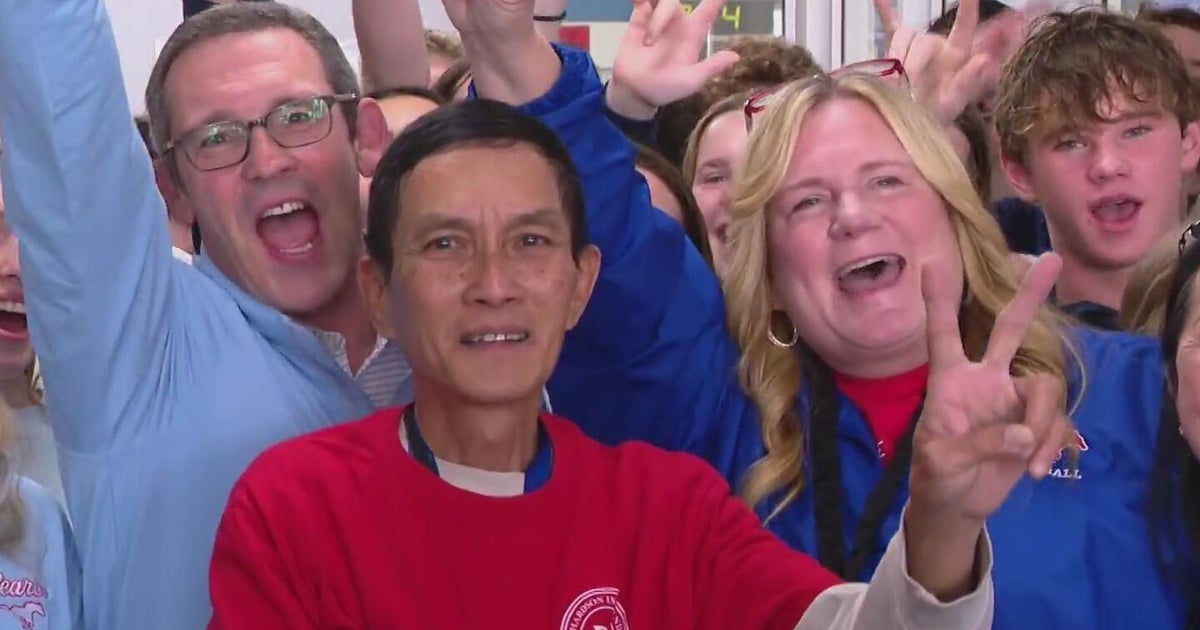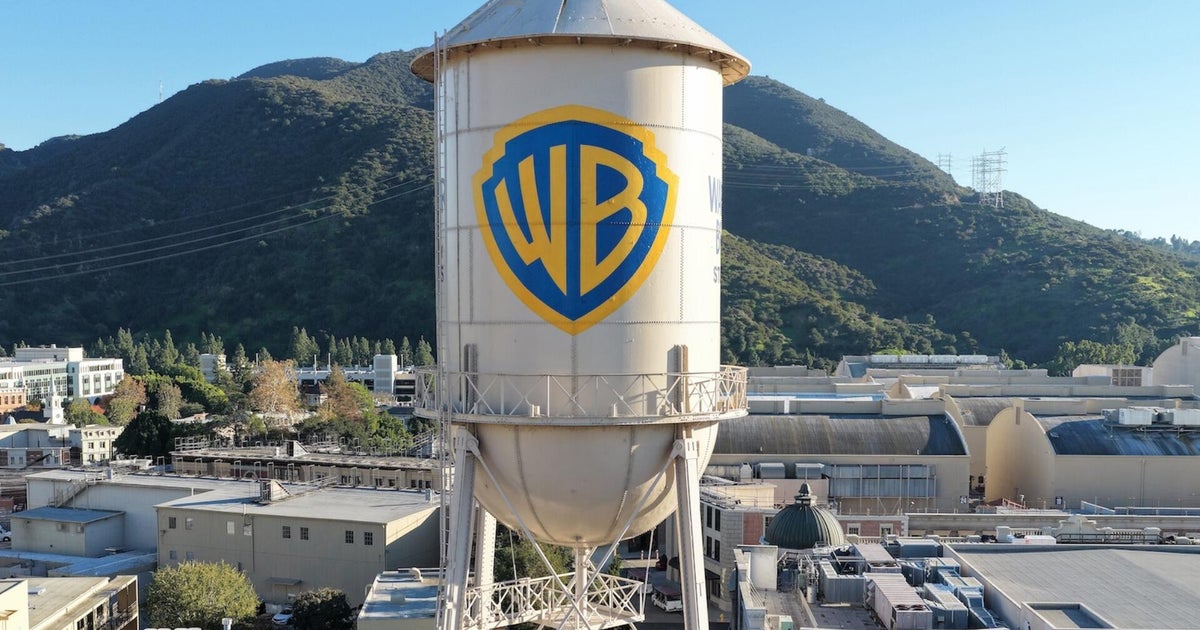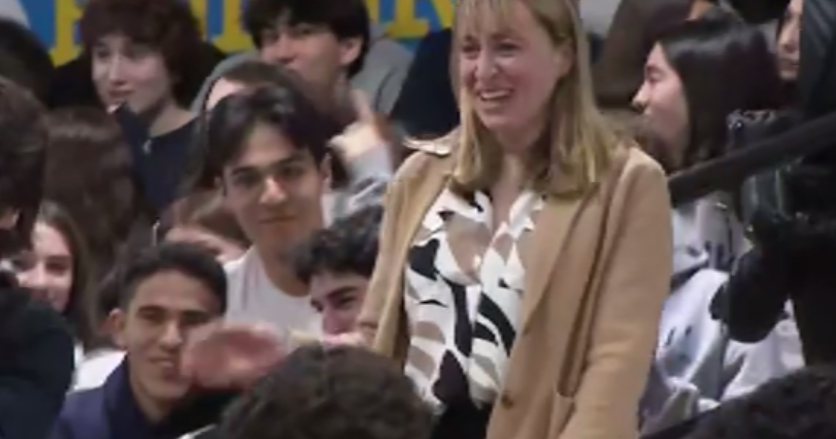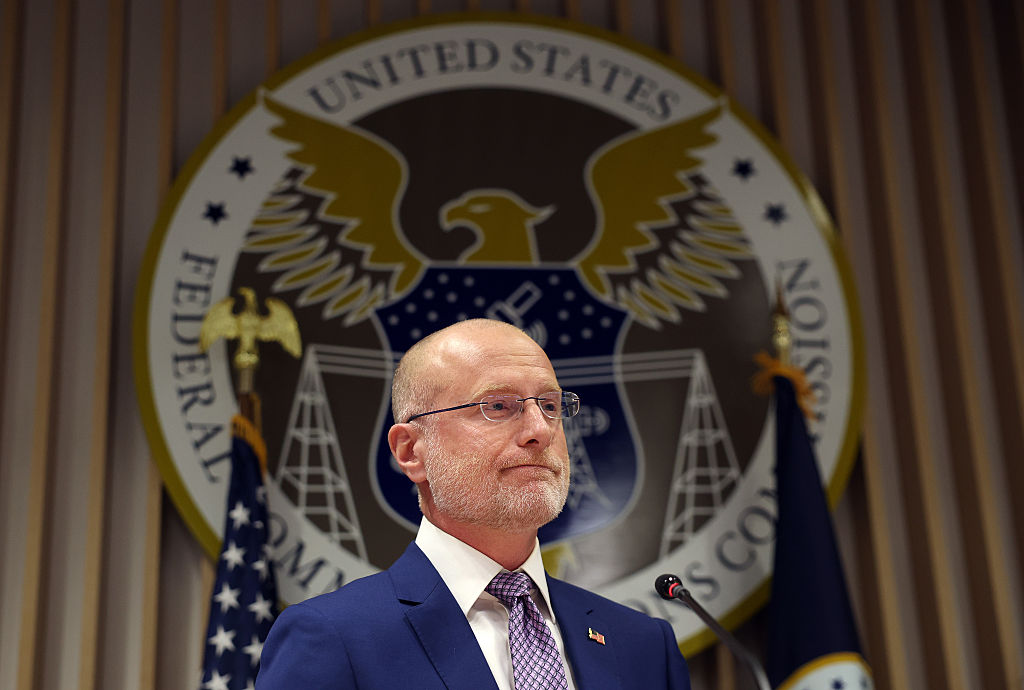National Cathedral discovers 5,000 medical masks that had been stored in its crypt for 10 years
The Washington National Cathedral says a stone mason found 5,000 medical masks in a crypt Wednesday after forgetting about the load for more than a decade. The church is now donating them to medical institutions that are in desperate need of them as they battle the coronavirus pandemic.
The National Cathedral, where many American leaders have been eulogized or held prayer services, announced the discovery by its employee in a tweet. The cathedral sent a portion of the masks to MedStar Georgetown University Hospital and the rest to Children's National Hospital.
"Seek and ye shall find, apparently," the National Cathedral's Twitter account said. Today @WNCathedral sent 3000 N95 masks to @MedStarGUH and 2000 to @ChildrensNatl after a stonemason found a forgotten stash in the Cathedral crypt. Certified by manufacturer as still good."
When a Twitter user asked why they were stored in the crypt to begin with, the church tweeted: "We acquired them after the 2006 bird flu scare, and got them to protect our staff and thousands of visitors if we ever needed them in a future pandemic."
MedStar Georgetown University Hospital thanked the National Cathedral for their donation.
"The community in action! Today, the @WNCathedral donated 3,000 N95 masks to our hospital. Your support is so important, and deeply appreciated. #ThankYou" their Twitter account said.
Hospitals throughout the United States are facing shortages of essential medical supplies, especially N95 masks, which are respirators that remove particles from the air that are breathed through it. Due to the shortage, doctors and nurses have been prompted to wear makeshift medical gear to protect themselves in the form of Halloween masks and ski googles. TV shows, companies and people from home have been stepping up to help alleviate the lack of supplies by donating or even making them.
The number of COVID-19 cases across the country is fast approaching 70,000, forcing leaders to grapple with how much to restrict Americans' lives to slow the spread.



